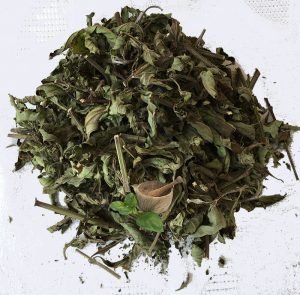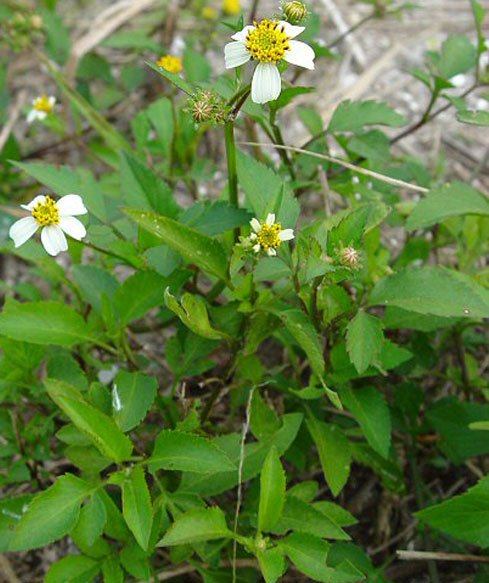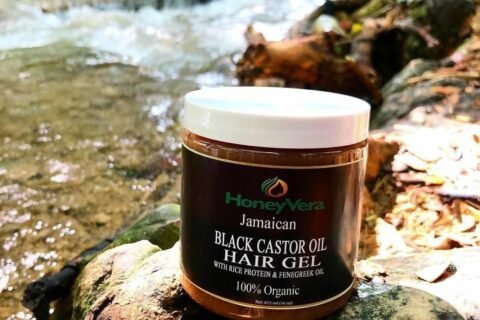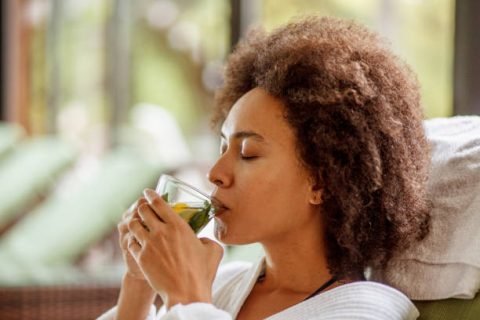 For many years herbal medicine has been used successfully to treat a number of conditions. There is currently an increasing popularity in the use of herbs as medicine and researches are done daily. The increased popularity of herbal medicine is majorly attributed to their efficiency and minimum side effects. There are millions of herbs people use as medicine and to get the best out of every herb, it is important to prepare them correctly. There are different types of preparations and your choice greatly depends on what you intend to use the herb for.
For many years herbal medicine has been used successfully to treat a number of conditions. There is currently an increasing popularity in the use of herbs as medicine and researches are done daily. The increased popularity of herbal medicine is majorly attributed to their efficiency and minimum side effects. There are millions of herbs people use as medicine and to get the best out of every herb, it is important to prepare them correctly. There are different types of preparations and your choice greatly depends on what you intend to use the herb for.
- Infusions
Infusions are the most common and the simplest method of preparing herbs. They are made from the leaves of the plant. You can use both dry and fresh leaves and this varies with the type of herb and what the preparation is going to be used for. If you are using fresh leaves, you will first need to wash them in clean water. Put the required amount in a glass or a stainless pot with water slightly covering them and then cover the pot. Gently heat the mixture until steaming occurs.
In case of heat sensitive constituents, cold infusions are preferred. The fresh or dried leaves of the herbs are soaked in water for some hours and then the cold infusions are drawn from the solution.
- Decoction
There is a very thin difference between decoctions and infusions. Unlike infusions that are made from the leaves, decoctions are prepared from harder plant matter like the roots, stems and barks. They also require more heat energy as compared to infusions to a get good concentration of the solution. In decoctions, you can also use fresh or dried plant matter. Put them in a pot, add optimum amount of water and heat the mixture to boil. Once the boiling point has been achieved, cover the pot, turn the heat down and simmer for 20-40 minutes to make the medicine effective.
- Tincture
Tinctures are concentrated solutions made by extracting the active compounds of herbs using a mixture of water and alcohol. The role of alcohol in the preparation of tinctures is to help in extracting the medicinal constituents of herbs like resins, volatile oils and alkaloids. It also acts as a preservative thereby increasing the shelf life of the medicine. Since alcohol is easily absorbed in to the bloodstream, it promotes the absorption of herbs after oral administration. Glycerin and vinegar can also be used in this process.
- Dry preparations
There are a lot of herbs that are used in dried and powdered forms. The powdered herbs can further be made in to teas or capsules. To make a tea, the powdered herb is put in to a cup, cold or hot water is added depending with the instructions, the mixture is stirred and then a solution is made. To make capsules one needs empty veg-caps which are then separated and the powdered herbs are put in them in the required amounts before they are closed again.









